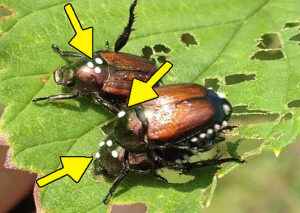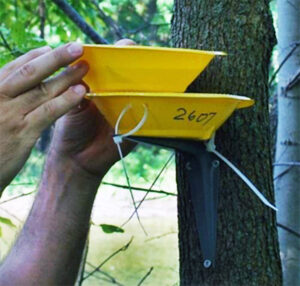
A yellow pan trap used for trapping Oobius agrili wasps. / Photo Credit: United States Department of Agriculture Animal and Plant Health Inspection Service
By River Mathieu, DNR Forest Health Specialist
River.Mathieu@wisconsin.gov or 608-772-2758
One small adult wasp collected by United States Department of Agriculture Animal and Plant Health Inspection Service (USDA APHIS) staff at Riedel Redmond Nature Preserve in Mosinee (Marathon County) was recently identified as Oobius agrili.
USDA APHIS staff collected several wasp specimens in yellow pan traps and sent them to a U.S. Forest Service expert for identification. This marks the first recovery of O. agrili in Wisconsin.
Oobius agrili is an emerald ash borer (EAB) parasitoid that was first released in Wisconsin in 2011 and has been released annually since then. O. agrili parasitizes EAB eggs on the bark of ash trees, consuming the EAB larvae inside the egg. Continue reading “Wisconsin Sees First Recovery Of EAB Parasitoid Oobius Agrili”

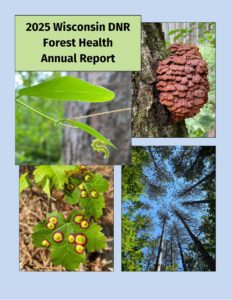
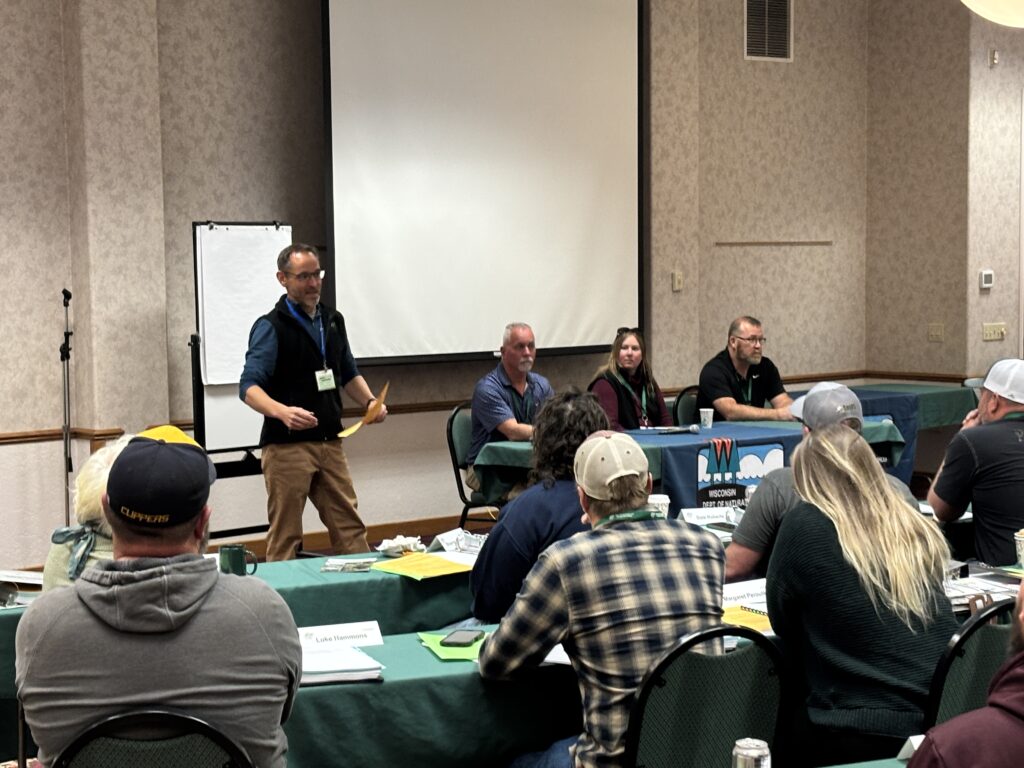 *These training opportunities are provided as an information service only and do not constitute an endorsement from the Wisconsin Department of Natural Resources (DNR).
*These training opportunities are provided as an information service only and do not constitute an endorsement from the Wisconsin Department of Natural Resources (DNR).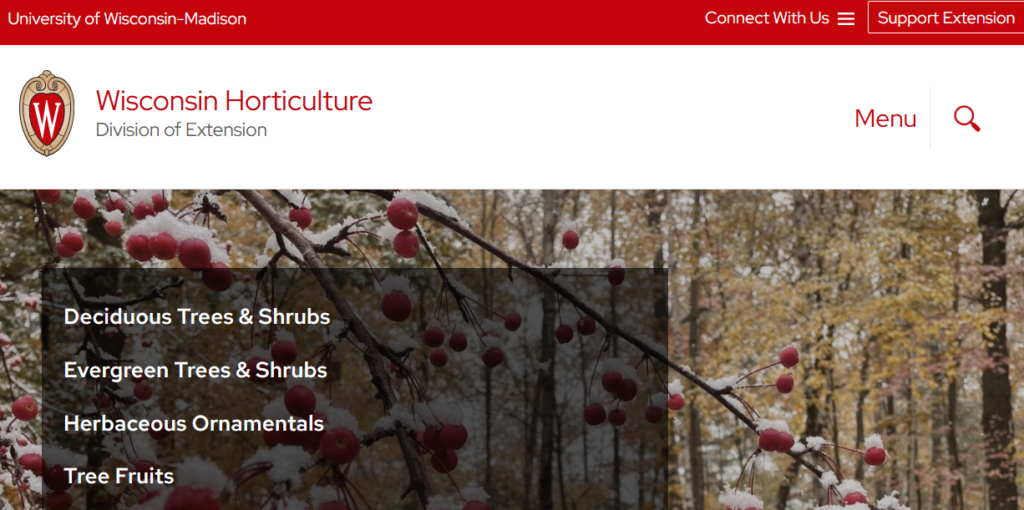 Reliable and up-to-date research-based information is vital for tree care professionals and urban foresters to make sound, scientific management decisions. To make trusted resources more accessible, UW-Extension’s
Reliable and up-to-date research-based information is vital for tree care professionals and urban foresters to make sound, scientific management decisions. To make trusted resources more accessible, UW-Extension’s 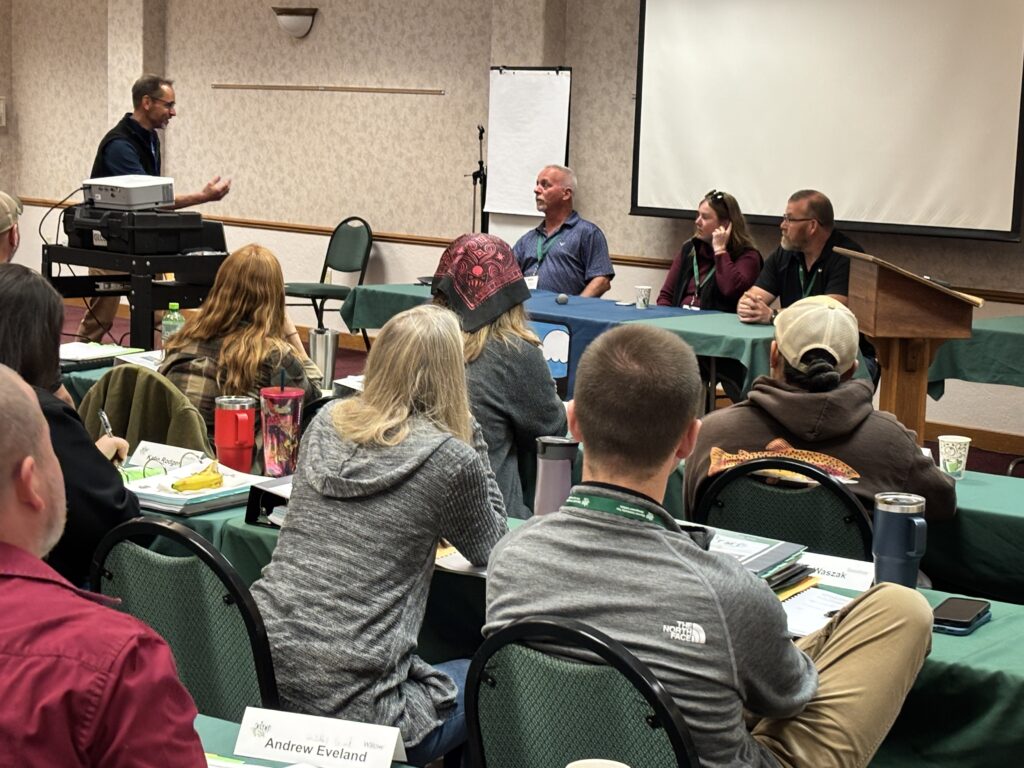 *These training opportunities are provided as an information service only and do not constitute an endorsement from the Wisconsin Department of Natural Resources (DNR).
*These training opportunities are provided as an information service only and do not constitute an endorsement from the Wisconsin Department of Natural Resources (DNR). Trees grow, change and like all living things, eventually decline or die. Sometimes trees are removed from urban areas due to safety concerns, tree health or insufficient space. But when these urban and community trees are viewed not as waste, but as a valuable material resource, their story doesn’t end – it continues.
Trees grow, change and like all living things, eventually decline or die. Sometimes trees are removed from urban areas due to safety concerns, tree health or insufficient space. But when these urban and community trees are viewed not as waste, but as a valuable material resource, their story doesn’t end – it continues.
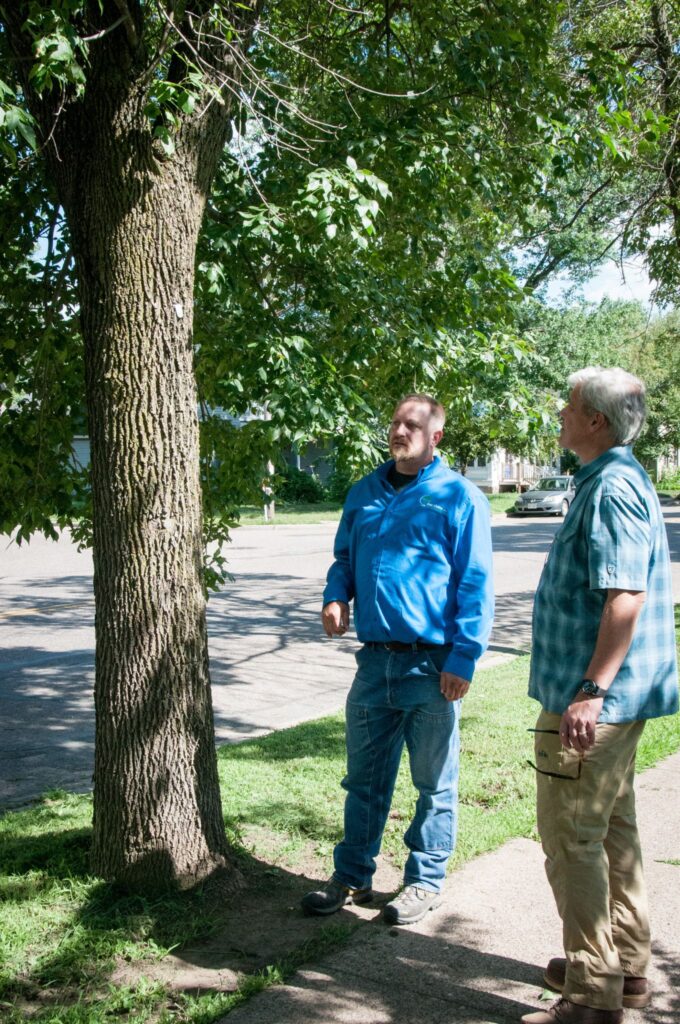 The Urban and Community Forestry Society (UCFS) Industry Trends committee – charged with monitoring the issues impacting your work – is seeking information on your experiences with insurance companies and urban tree canopy. There is growing evidence that insurance companies are directing the pruning or removal of trees, and the committee wants to fully understand the issue. Your responses to the survey below will help compile stories and evidence so that UCFS can work with industry partners and draft position statements.
The Urban and Community Forestry Society (UCFS) Industry Trends committee – charged with monitoring the issues impacting your work – is seeking information on your experiences with insurance companies and urban tree canopy. There is growing evidence that insurance companies are directing the pruning or removal of trees, and the committee wants to fully understand the issue. Your responses to the survey below will help compile stories and evidence so that UCFS can work with industry partners and draft position statements. 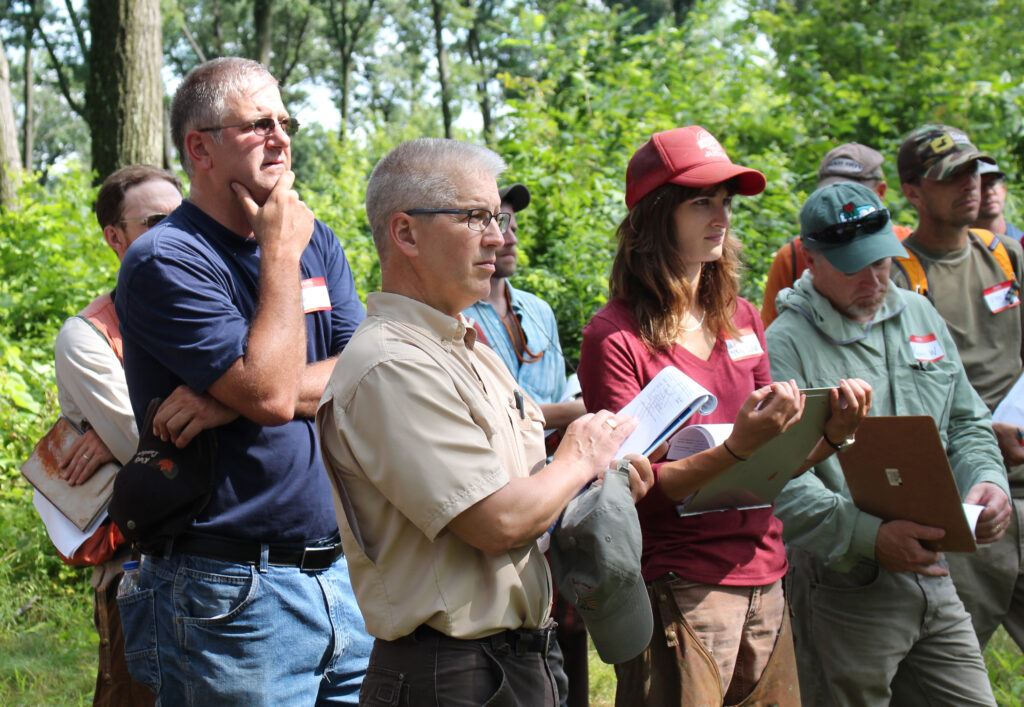 *These training opportunities are provided as an information service only and do not constitute an endorsement from the Wisconsin Department of Natural Resources (DNR).
*These training opportunities are provided as an information service only and do not constitute an endorsement from the Wisconsin Department of Natural Resources (DNR).